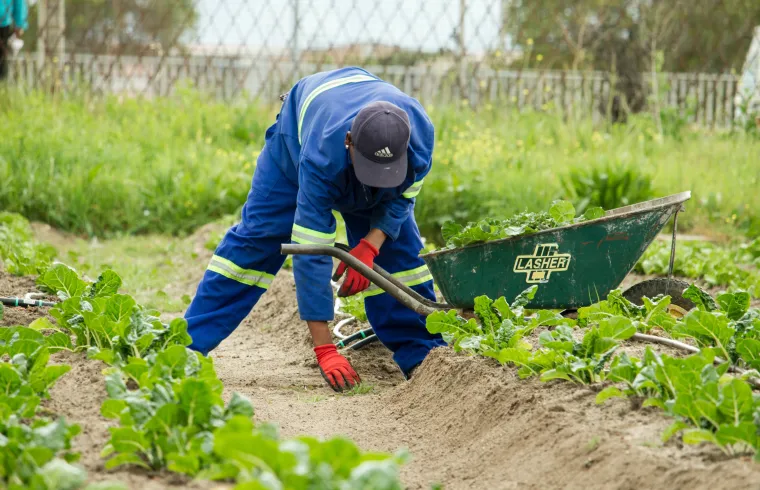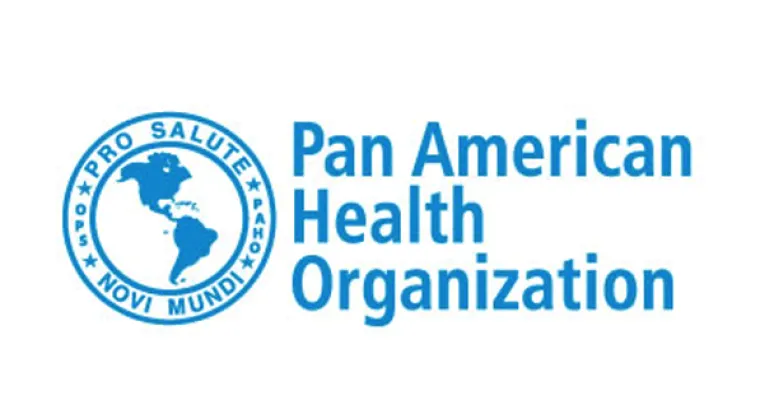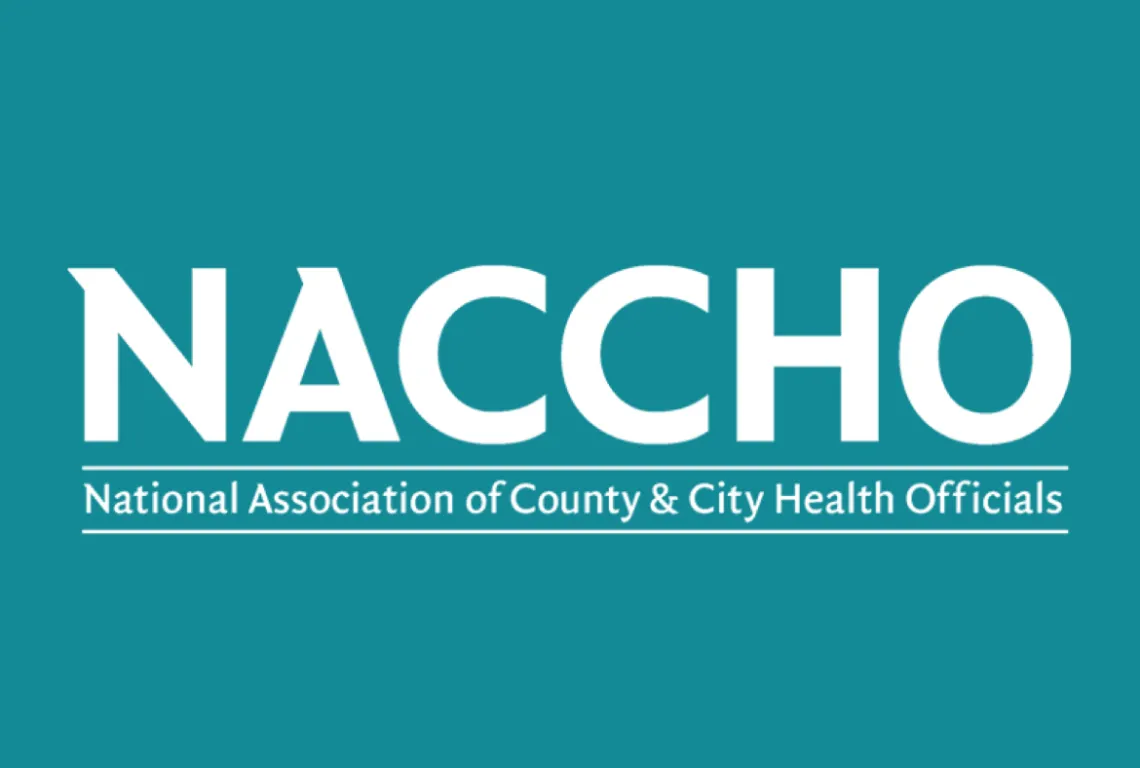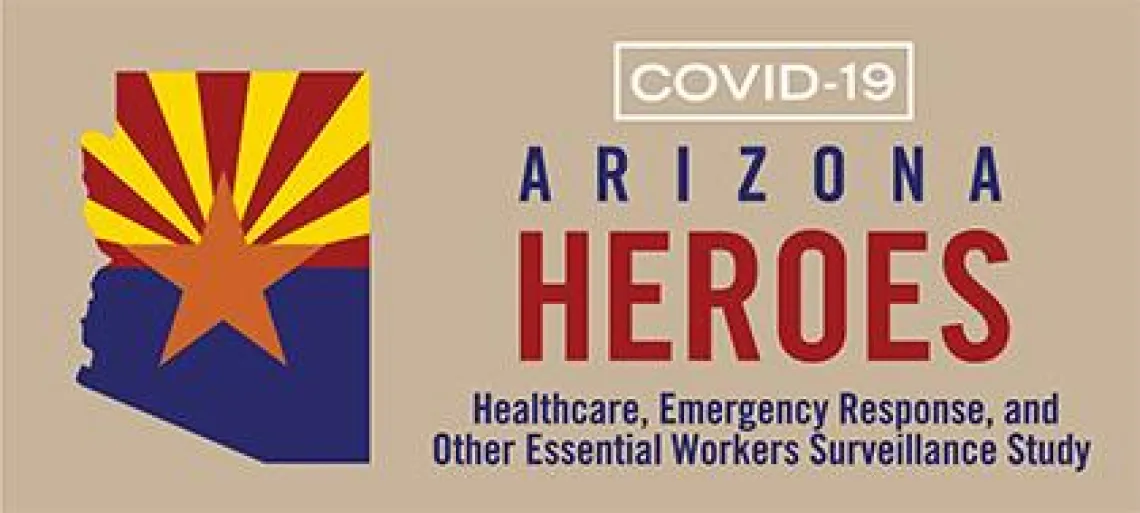Active Projects
Image

|
Yuma Farm Worker Enumeration StudyFunding: COVID-19 Disparities grant from the Centers for Disease Control and Prevention (CDC) distributed through the Arizona Department of Health Services and the Arizona Center for Rural Health. The Arizona Farmworker Enumeration Profiles Study (AZ-FEPS) is a pivotal research initiative dedicated to generating accurate and county-specific data on farmworkers and their families in Arizona. Its core mission is to address the critical gap in knowledge about this vital workforce, which is essential to Arizona's economy and the nation's food supply. The study aims to provide current, credible estimates of farmworkers through established quantitative and community-engaged methods. This effort is crucial for enhancing public health services, especially highlighted during the COVID-19 pandemic. * Ellingson (PI), Rudas, Hawkes (GRAs) |
PAWS (Prescribing Antibiotics Wisely in Animal Shelters) ProjectFunding: One Health Pilot Grant from the University of Arizona’s One Health Research Initiative (2024 - 2025) The PAWS Project is a collaborative pilot study led by researchers at the University of Arizona’s Colleges of Public Health and Veterinary Medicine to address the pressing issue of antimicrobial resistance (AMR) in animal shelters. The project aims to generate foundational data on antimicrobial prescribing practices and stewardship challenges in companion animal shelters—settings often overlooked in existing guidelines. This mixed-methods study will combine key informant interviews with shelter professionals and retrospective reviews of shelter health records to better understand when and why antibiotics are prescribed. The ultimate goal is to support the development of practical stewardship guidance that minimizes the spread of AMR among animals, humans, and the environment in line with a One Health approach. *Ellingson (PI), Wishnie (Co-PI), Paulina Colombo (GRA), Timothy Ojodare |
Image

|
Image

|
Healthcare-associated Infection Costs in Latin American CountriesFunding: Pan American Health Organization (PAHO) We will systematically review articles that evaluate the incremental cost of device- and procedure-associated infections acquired in hospitals in Latin American countries. * Ellingson (PI), Kaur & Khan (GRAs) |
Enhancing Capacity for Infection Prevention in High-Risk Congregate SettingsFunding: National Association of County and City Health Officials (NACCHO) through the Pima County Department of Health This project is supported by Building Local Operational Capacity for COVID-19 (BLOC COVID-19) funds. We will implement Infection Control and Response tools (ICAR) in high-risk congregate settings and work with health departments and congregate settings in other US-Mexico border counties. * Ellingson (PI), Ramadan (Coordinator), Romine, Hawkes, Woodson (GRAs) |
Image

|
|
Image

|
Arizona Household Virus StudyFunding Agency: Centers for Disease Control and Prevention (2021-23) We study household transmission of respiratory viruses using a case-ascertainment approach. We aim to estimate attack rates of respiratory infection among household members. We will compare attack rates for vaccinated and unvaccinated household members and assess risk factors for infection. Through this work southern Arizona will serve as a sentinel site for a national study *Ellingson (Co-PI with Lutrick), Ramadan (Coordinator) |
Prospective Cohort to Assess Novel and Repeated SARS-CoV-2 Infection and COVID-19 Illness: Arizona Healthcare, Emergency Responder and Other Essential worker Surveillance (AZ-HEROES) StudyFunding: CDC (2020-2023) We are conducting active surveillance on a longitudinal cohort of SARS-CoV-2 seropositive and seronegative frontline workers. Through weekly testing and symptom monitoring, we will assess the incidence, predictors, and consequences of infection and reinfection among participants in the AZ-HEROES study. * Ellingson (Co-Investigator), Romine (postdoc), Baccum, Khan, Miiro, & Porter (GRAs) |
Image

|
|
Image

|
Antibiotic Stewardship in Arizona Skilled Nursing FacilitiesFunding: Arizona Biomedical Research Commission (2018-22) Using a mixed-methods approach, we study barriers and facilitators to antibiotic stewardship in Arizona nursing homes. We have built on a successful pilot protocol to scale up and rigorously evaluate stewardship implementation in a diverse array of facilities, including those in rural or border regions of Arizona. Outcomes include intervention-attributable changes in inappropriate antibiotic use, C. difficile and cost. * Ellingson (PI), Ramadan (Coordinator), Kelley, LeGros & Romine (GRAs) |
Antibiotic Resistance and Use Patterns in Arizona’s Border Region and in Sonora, MexicoFunding: Arizona Area Health Education Centers (domestic work) and University of Arizona (binational work) Our objectives are to identify antibiotic use and seeking patterns among residents of the US-Mexico border region and to create a database of resistance patterns from clinical microbiology laboratories along the Arizona-Sonora border. Our work involves binational surveys, partnerships with the University of Sonora-Hermosillo, and work with local clinics and labs. * Ellingson (PI), Villanueva (Co-I), Catalfamo, Hawkes, Khan (GRAs), Parra (Undergraduate RA) |
Image

|
Image

| Rapid Lateral Flow Assay for Rapid Diagnosis of Coccidiodomycosis to Reduce the Unnecessary Use of Antibacterial DrugsFunding: Centers for Disease Control and Prevention (CDC) We aim to advance antibiotic stewardship through more rapid diagnosis of Valley Fever as diagnostic delays frequently result in repeated doses of broad-spectrum antibiotics. We enrolled and continue to study a cohort of inpatients and outpatients who presented to medical care with signs of upper-respiratory infection in 2019. In collaboration with the Valley Fever Center of Excellence, our lab leads study design, data management, and analytic efforts. * Ellingson (Co-I), Ramadan (Coordinator) |
